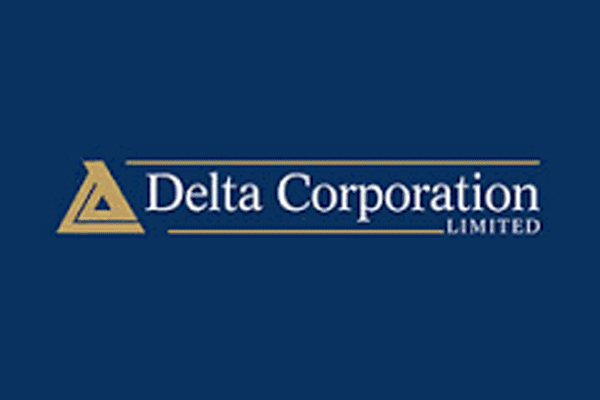
BY CHIEDZA KOWO
BEVERAGES blue chip Delta Corporation has achieved its plan to expand its multiple brands’ footprint into Manicaland province after a key regulator approved a transaction to take over Mutare Bottling Company (MBC) for an undisclosed amount.
The deal gives Delta’s sparkling beverages franchise fresh growth impetus through forays into a region that has seen investor interests rise since diamond multinationals moved to exploit the resource about a decade ago.
The Zimbabwe Stock Exchange (ZSE)-listed Delta produces soft drinks under licence from the Coca-Cola Company.
The MBC transaction had already attracted market interest since it was announced last year, with researchers at Inter Horizon Securities predicting that it potentially laid the foundation for a 700% growth in revenue during the full year to March 2021.
The deal marks a grand step in Delta’s ambition to mount bases in strategic markets, possibly giving it leverage to enter the nearby Manica province in Mozambique.
“Delta Beverages is pleased to announce that following the approval of the transaction by the Zimbabwe Competition and Tariff Commission, the Coca-Cola Company has extended its sparkling beverages franchise arrangements to cover Manicaland province,” the firm said in a market update.
“This cements the agreement between Delta and Mutare Bottling Company, who were operating in this franchise territory, for Delta to purchase the operating assets of Mutare Bottling Company. This transaction provides an opportunity for the group to provide its range of products across the entire Zimbabwean market. Our customers and consumers in Manicaland will have access to the wide range of the Coca-Cola Company’s brands and packs. This also allows the optimal utilisation of the existing assets, including the Mutare bottling plant, and the distribution footprint. The transaction will not result in any job losses,” said Delta.
- Chamisa under fire over US$120K donation
- Mavhunga puts DeMbare into Chibuku quarterfinals
- Pension funds bet on Cabora Bassa oilfields
- Councils defy govt fire tender directive
Keep Reading
For Delta, this is no small deal.
Zimbabwe’s biggest beverages firm is facing stiff competition from Indian billionaire Ravi Jaipuria’s Varun Beverages, which operates the Pepsi franchise in Zimbabwe.
Varun entered the market a few years ago after setting up an operation in Zambia.
Its operation in Harare is still relatively small compared to Delta, but its aggressive pricing model could be unsettling the giant, which has to flex its muscles to ward off the competition.
Around the time Pepsi was making its Zimbabwean ambition felt, the giant located an opportunity to kill off competition in the vast province before Pepsi made the first steps.
Manicaland presents growth opportunities for food and beverage players after significant rises in employment levels, riding on the resumption of mining in key diamond operations.
The MBC acquisition follows the extension of Delta’s sorghum beer division’s footprint into Zambia and South Africa.
In an analysis on the deal released late 2020, IH Securities acknowledged Delta’s aggression, saying added volumes at MBC would boost revenues.
“We expect revenue to increase by 696% to $33,38 billion in FY21 (financial year 2021) from $4,19 billion in FY20 driven by volume recovery and continued price adjustments. Delta’s ability to defend aggregate volumes despite the environment has been premised on effective product mix management that has enabled the business to capture the consumer at a variety of pricing points within the value chain,” said IH.
“This will continue to be the focus going forward as management seeks to continually adapt product offering to the changing dynamics in consumer spend. Delta has made several acquisitions over the past couple of years to extend the company’s footprint in the region. Of note is the extension of the sorghum beer division in Zambia and South Africa via National Breweries and UNB respectively, while the sparkling beverage segment will extend its nationwide footprint via Mutare Bottling Company. Management highlighted that they would continue on the lookout for more acquisition opportunities. We expect consumption to pick up as the situation ‘normalises’ in the region.”











